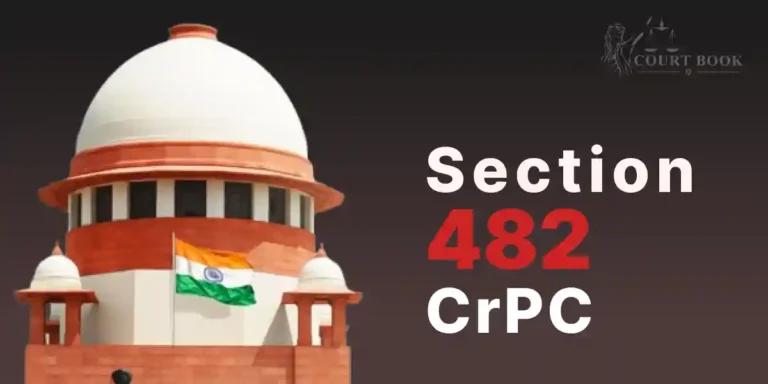In a recent judgment, the Supreme Court stressed that economic offences require a cautious approach by High Courts while deciding on quashing First Information Reports (FIRs) at an early stage. The Court allowed an appeal filed by Dinesh Sharma against the Rajasthan High Court’s decision, which had quashed the FIR against directors of Emgee Cables and Communication Ltd.
The bench of Justices Bela M. Trivedi and Prasanna B. Varale said that the High Court wrongly quashed the FIR even after it was shown that the company directors had set up shell companies and circulated money through them.
"The High Court failed to note that when basic material was presented showing a criminal conspiracy, it was necessary for investigating agencies to thoroughly unearth the truth through proper trial," the Court emphasized.
Read Also:- Should Divorced and Single Men Have the Right to Surrogacy? Supreme Court Set to Decide
Case Background
The case arose when Dinesh Sharma, representing M/s BLS Polymers Ltd., alleged that Emgee Cables, through its directors, received goods worth over ₹2.2 crores on credit but did not pay. Despite reminders and issuance of cheques, the payment was defaulted. When Sharma visited the company’s office, he found it closed, and later filed an FIR for offences under Sections 420, 406, and 120B of IPC.
The High Court had earlier accepted the argument that the matter was civil in nature due to long-standing business dealings. It concluded there was no fraudulent intention at the start of the transactions and that the criminal case was only to pressurize payment.
Read Also:- Supreme Court Challenges IAF's Pension Denial to Stepmother, Stresses Broader Meaning of 'Mother'
However, the Supreme Court strongly disagreed.
"Economic offences, by their very nature, stand on a different footing than civil disputes. They affect the country's economy as a whole and must not be taken lightly," the Court stated.
The Court also highlighted that economic offences impact public trust and can cause serious harm to the country’s financial system. Relying on precedents like Parbatbhai Ahir v. State of Gujarat and Kurukshetra University v. State of Haryana, the Court pointed out that economic offences form a separate category and courts must be extra careful while exercising powers under Section 482 of CrPC.
"Inherent powers under Section 482 must be used sparingly and only in rare cases. Quashing an FIR at an early investigation stage, especially in economic offences, is improper," the Court warned.
Read Also:- Delhi High Court Highlights Widow’s Struggle for GST Refund, Calls it a "Harrowing Experience"
The Supreme Court also noted that though one director claimed resignation, records showed that he continued to sign purchase orders even after resignation, proving continued involvement.
Ultimately, the Court restored the FIR against the directors, stating that a proper investigation and trial are necessary. It clarified that its observations are prima facie and the trial court should proceed independently.
The appeals were accordingly allowed.
Case Title: Dinesh Sharma vs Emgee Cables and Communication Ltd. & Anr.
Appearance:
For Petitioner(s) Mr. Krishnamohan K., AOR Ms. Dania Nayyar, Adv.
For Respondent(s) Ms. Sansriti Pathak, A.A.G. Mr. Milind Kumar, AOR Mr. Aman Prasad, Adv. Mr. Shekhar Prit Jha, AOR Ms. Himani Mishra, Adv. Ms. Tamanna Swamy, Adv. Mr. Anurag Bansal, Adv.















